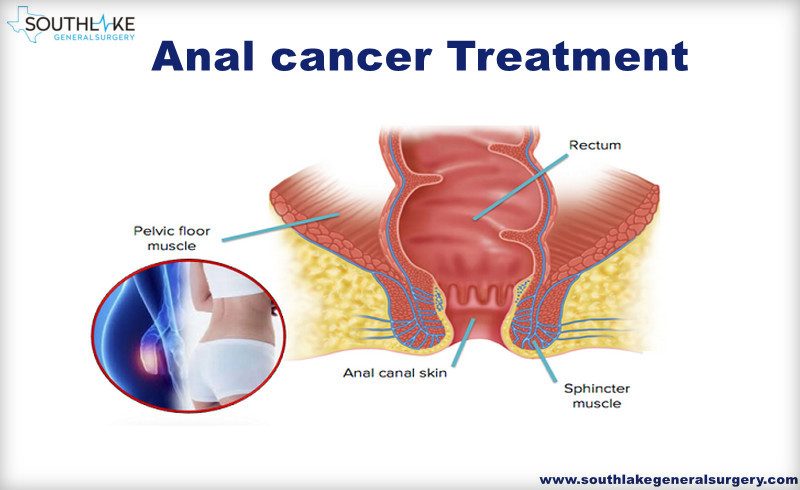Anus is the opening at the base of your intestines where stool leaves the body. Anal cancer is uncommon, yet when it happens, it might spread to different parts of the body. Some noncancerous types of anal cancer disease can likewise turn destructive after some time.
If you notice have any of the beneath symptoms and risk factors, consult with your primary care physician about your problem.
Anal Cancer Causes
Anal cancer disease is formed when the abnormal cells develop in the body. These abnormal cells can develop wildly and accumulate, shaping masses called as tumors. Advanced cancer cells can metastasize, or spread to different parts of the body and meddle with normal functions.
Anal cancer is believed to be caused to some extent by the human papillomavirus (HPV), a sexually transmitted disease. It’s pervasive in a larger part of anal cancer cases.
Other cancers in the body may spread to the anal canal and it can develop Anal Cancer. This is usually happened when cancer grows somewhere else in the body and later metastasizes to the anus
Symptoms of Anal Cancer
Symptoms of Anal cancer can be like those of hemorrhoids, irritable bowel syndrome (IBS), and numerous gastrointestinal diseases. These include:
- Irregularity in bowel habits
- Bleeding from rectum while passing stools
- Pressure, pain, itching or the development of lump close to anus
- Change is stools like thin stools
- Discharge from the anus
In case you’re not able to figure out what’s causing any of these symptoms, you should consult with your doctor for examination. They’ll have the option to do tests to analyze which factors these symptoms referring to.
Anal cancer treatment at Southlake General Surgery
Treatment for anal cancer disease has no cure, however many individuals who are diagnosed with anal cancer proceed to live heathy and satisfying lives. Depending upon individual’s age and stage of anal cancer, there’re a few treatment options that our doctors may prescribe you, either by themselves or in blend:
Chemotherapy for anal cancer treatment
To stop cancer cells from growing and to eliminate them you may be advised for Chemotherapy. It can be taken orally or infused into the body. Pain relievers may likewise be prescribed intermittently to control symptoms.
Anal cancer surgery
Doctor usually use local resection surgery to remove the tumor from anus along with few healthy tissues around it. If the cancer is the lower part of the anus and hasn’t spread to too many close by structures then this procedure is commonly used to treat cancer. It’s best acted in cancers that are at initial stage and for tumors that are very small in size.
A surgery that is slight more invasive know as Abdominoperineal (AP) resection. This surgery is usually reserved for individual who haven’t responded well to other prescribed treatments or at a last stage of anal cancer. Under this surgery, an incision is made in the abdomen to remove the anus, rectum or parts of the sigmoid colon. Since this surgery removed the complete lower portion of the GI Tract, the surgeon make an ostomy, which is an association from the GI tract to the skin. A patient who gets an ostomy their stool will collect in an ostomy bag.
Radiation therapy for anal cancer
Radiation therapies are commonly advised for many types of cancer, including anal cancer. X-rays and other radiation therapies are used to eliminate the cancer cells in the body, however thy may likewise impact the surrounding healthy tissue even kill them. This is a non-invasive treatment and is mainly used in the combination with other cancer treatments.
Any high risk associated with anal cancer due to any factor, for example family ancestry or age, please consult with your doctors immediately. For more information on anal cancer treatment, please contact our health care experts today.

